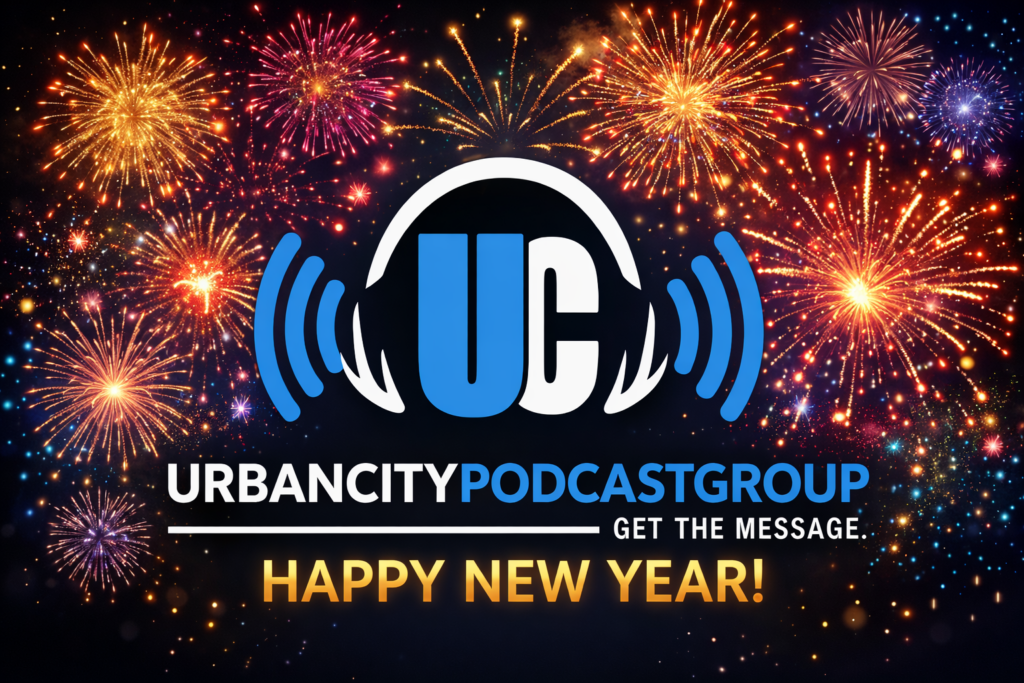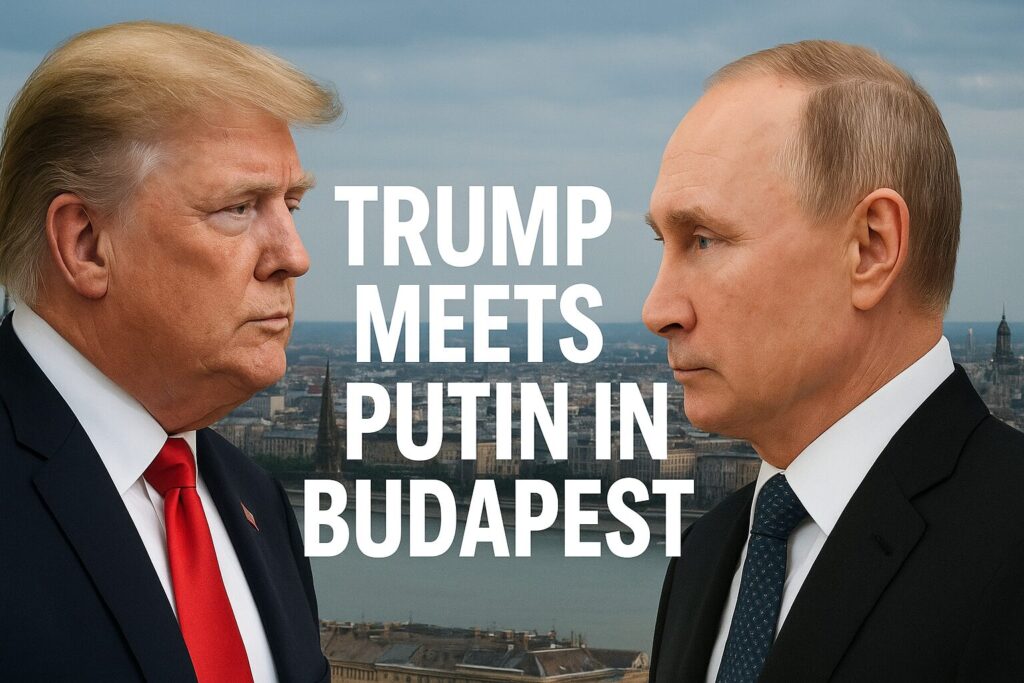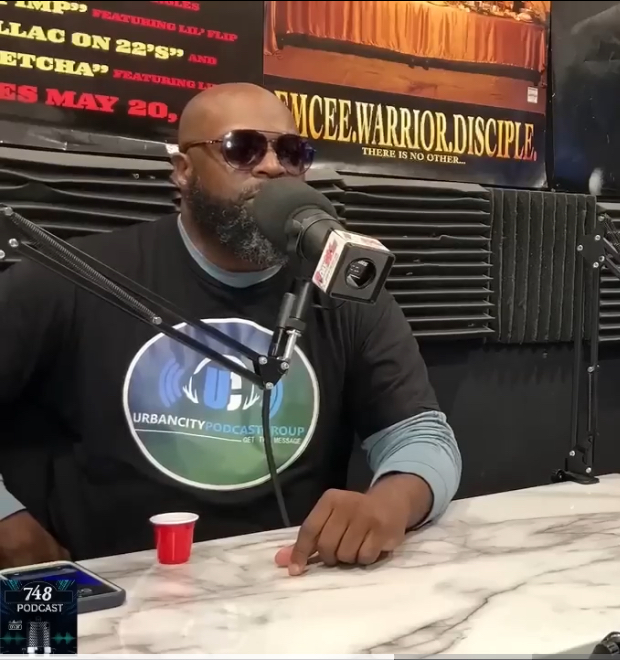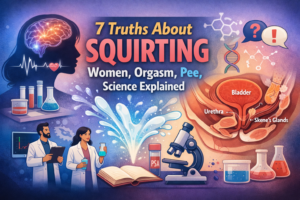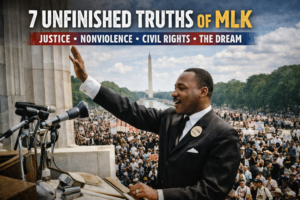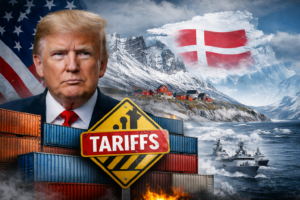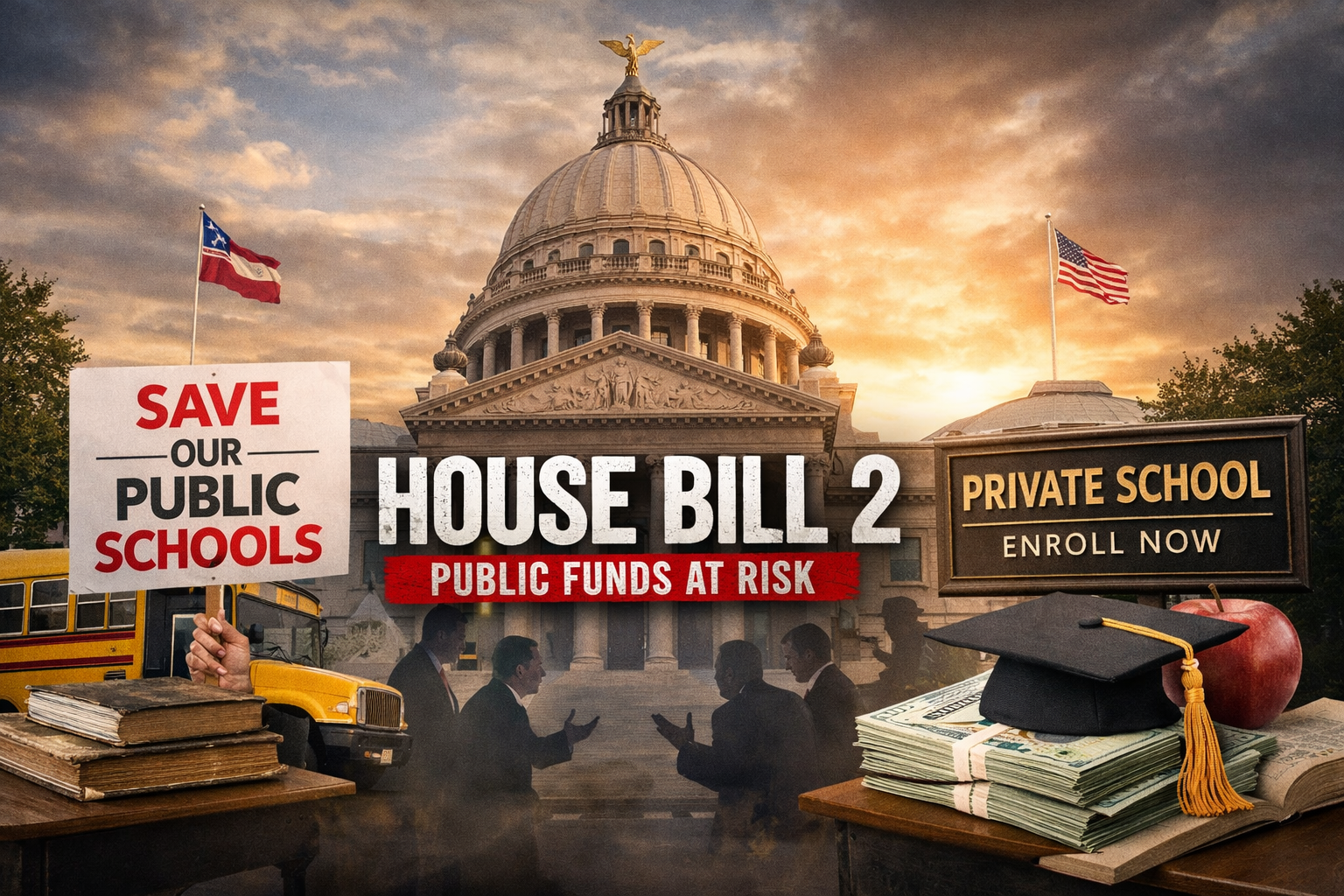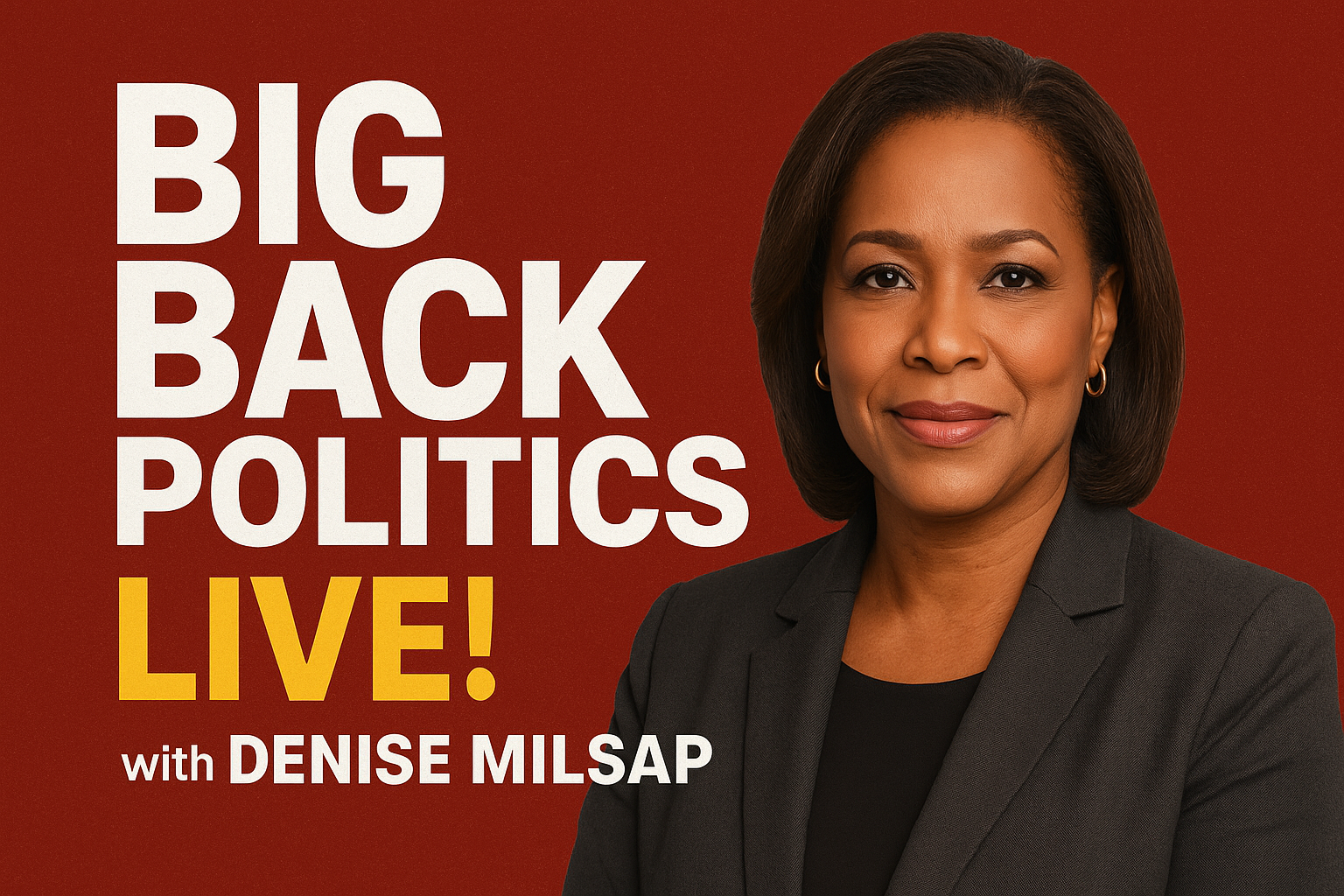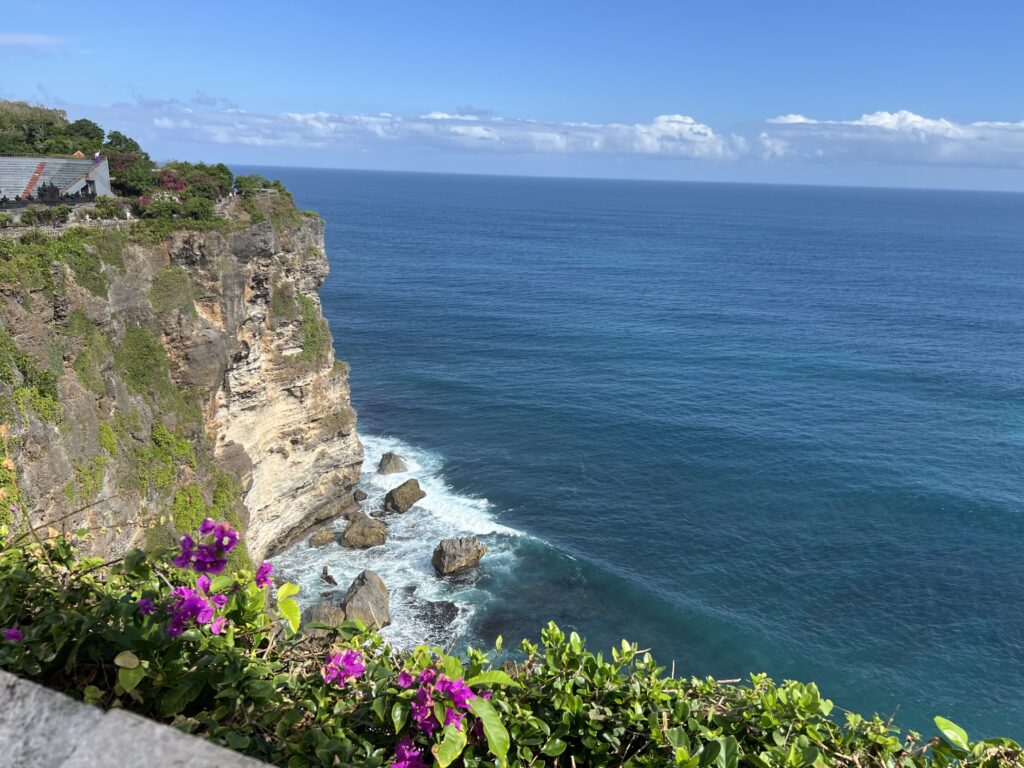Major Takeaways:
Trump plans to meet Putin in Budapest to discuss the ongoing war in Ukraine, with global attention fixed on the outcome.
The meeting could signal either a genuine peace effort or a calculated political performance ahead of U.S. elections.
Ukraine and NATO allies are cautious, worried that Trump’s solo diplomacy might shift the balance of Western unity against Russia.
Trump and Putin Set to Meet in Budapest: Can the Former President Broker Peace in Ukraine?
Former President Donald Trump has once again stepped into the global spotlight, announcing plans to meet Russian President Vladimir Putin in Budapest to discuss ending the ongoing war in Ukraine. The move sparked immediate reactions around the world and raised the question of whether this is genuine diplomacy or another bold attempt by Trump to dominate the global stage.
Trump revealed that his Secretary of State, Marco Rubio, will lead a team of U.S. officials to meet with Russian diplomats before the summit to prepare the groundwork for the talks. No specific date has been confirmed, and neither side has disclosed what topics will be discussed. Still, this announcement has placed Trump squarely back in the middle of one of the world’s most volatile conflicts.
Hungarian Prime Minister Viktor Orban has already offered to host the summit in Budapest, a city that has become a symbolic bridge between the West and the East. Hungary’s position has often been complicated, maintaining close ties to both NATO and Russia. That makes Budapest a strategic choice for Trump, who thrives on symbolism and stagecraft.
This would not be the first meeting between Trump and Putin this year. They previously met in Alaska, though that conversation did not lead to any concrete results. Now, Trump is taking another shot at the elusive goal of brokering peace in Eastern Europe. Supporters believe Trump’s unconventional style and direct approach could cut through diplomatic red tape. Critics say it’s all about attention and branding, not substance.
Before any handshake happens in Budapest, Trump plans to meet with Ukrainian President Volodymyr Zelenskyy at the White House. That meeting will likely focus on military support and Washington’s long-term commitment to Kyiv. Zelenskyy, who has been outspoken about Ukraine’s sovereignty, is expected to make clear that no peace deal should compromise Ukrainian territory or independence.
The setting of Budapest adds a layer of intrigue. Hungary has long maintained a complicated relationship with Russia and has often resisted the tougher sanctions supported by other European countries. Hosting this meeting could elevate Orban’s international standing while giving Trump a stage that feels neutral but still friendly enough for Putin to consider attending.
The big question is whether Putin will actually show up. So far, there has been no formal confirmation from the Kremlin. Russia is still heavily engaged in combat operations, and Putin’s government has given no indication that it is ready for meaningful concessions. Without clear terms or guarantees, many experts doubt that any significant agreement can emerge from this summit.
Trump’s decision to pursue this meeting also plays into his broader political strategy. As the United States gears up for another tense election cycle, positioning himself as a dealmaker and peacemaker could strengthen his image among voters who see him as a bold, results-driven leader. But that image comes with risk. If the talks collapse or appear to favor Moscow, Trump could face sharp criticism at home and abroad.
Across Europe, leaders are watching with caution. Nations like Poland and Germany, which have carried much of the burden of supporting Ukraine, are concerned that Trump’s involvement could disrupt coordinated NATO efforts. Many fear that unilateral diplomacy could weaken the united front that has been holding firm against Russian aggression.
Still, Trump’s political instinct for spectacle cannot be underestimated. A face-to-face meeting with Putin in a historic European capital would dominate headlines worldwide. It would also test Trump’s long-standing claim that he alone can strike deals that traditional politicians can’t. Whether that confidence turns into real progress or fizzles out in photo ops remains to be seen.
What makes this moment so critical is that it balances global politics, personal ego, and the real suffering of millions. For Trump and Putin, this may be about power and image. For the people of Ukraine, it’s about survival. If Trump can actually bring about a ceasefire or meaningful reduction in hostilities, it would be a major diplomatic victory. But if this ends as another high-profile meeting with no results, it will simply reinforce the skepticism surrounding Trump’s approach to foreign policy.
Budapest is set to become the stage for a high-stakes test of willpower between two of the world’s most controversial leaders. The stakes could not be higher, and the world will be watching closely. Whether this meeting marks the beginning of peace or just another act in a global drama, one thing is certain — whatever happens in Budapest will echo far beyond Europe.
